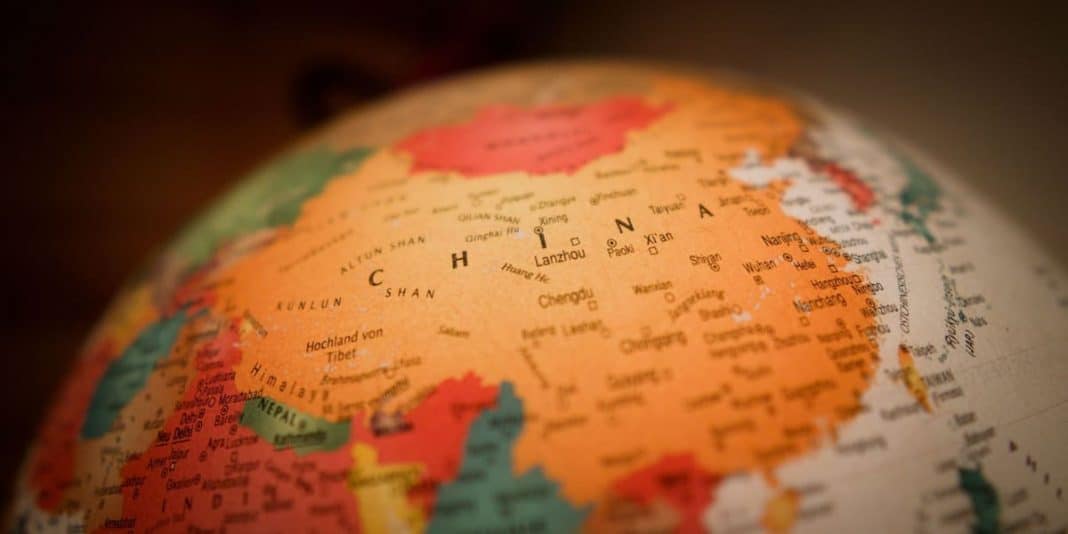The economic effects of the political decisions will be widely felt.
Federal Industry Minister David Emerson announced recently that China has granted Canada special “approved destination status” (ADS) that will permit Chinese residents to travel here using a tourist exit visa.
Prior to Canada’s receiving this preferential status, only a few Chinese visitors travelling on business were able to obtain exit visas to visit Canada.
Disturbingly, China had already granted ADS to dozens of other countries but had delayed granting this economic benefit to Canada.
A recent CBC news report quoted tourism commission vice-president Tom Penny speculating that the lengthy delay in getting the approved destination status might have had something to do with Canada’s failure to deport Lai Changxing, who is appealing his deportation.
China has targeted Lai in connection with a multi-billion-dollar smuggling and corruption case, and he is considered one of that country’s most-wanted fugitives after fleeing to Canada in 1999.
Other observers have speculated that the delay in Canada’s being awarded ADS, which had been received by most developing nations, conveys a wake-up call to our political leaders as to how far Canada has to go in rebuilding our relationship with China.
It was not so long ago that Canada – home of Dr. Norman Bethune and travel destination of ex-prime minister Pierre Trudeau (leader of the first Western nation to step forward and welcome the People’s Republic of China into the community of nations in 1970) – enjoyed a special relationship.
Trudeau made his bold move two years before Henry Kissinger, the U.S. secretary of state, made the trip. Later, then U.S. president Richard Nixon visited China. It is unfortunate that Canada has allowed this competitive advantage with China to atrophy.
Current forecasts of the Chinese market by the Canadian Tourism Commission indicate that the Chinese outbound travel market will continue to grow rapidly over the next 20 years. The number of Chinese outbound tourists reached 20.2 million in 2003, the commission says, a 21- percent increase compared to 2002, overtaking Japan for the first time.
Yet, Canada’s market share has declined by about one percentage point since 2000. Canada’s market share of long-haul trips from China dropped to 3.4 percent in 2003 from 4.1 percent in 2000. Since ADS destinations account for approximately 70 percent of China’s total outbound market, Canada may find our market share increase by up to 70 percent with this new status.
So what could this mean? It means Chinese visitors to Canada could increase three-fold in the near future. The World Tourism Organization estimates that by 2020, there will be 100 million Chinese tourists annually, making China the fourth-largest source of outbound travel in the world. According to the 2003 results of the international travel survey by Statistics Canada, Canadian destinations for Chinese travellers in 2003 were Ontario (37 percent), British Columbia (36 percent) and Quebec (17 percent). B.C., Ontario and Quebec are well-positioned to exploit this opportunity as Chinese travellers often express their attraction to Canada’s natural experiences and reputation as a friendly, welcoming, safe and secure destination.
To illustrate, tourist officials report that in 2004, total overnight visitation to Vancouver was just over 70,000.
Stephen Pearce, vice-president of leisure travel and destination management for Tourism Vancouver, forecasts that Vancouver now could receive as many as 500,000 visitors from China by 2015.
Of those who visited Vancouver in 2003, 15 percent came primarily for pleasure, while 25 percent travelled on business and 45 percent to visit friends and relatives. A further 16 percent came for personal or non-specified reasons.
According to Statistics Canada, Chinese visitors tend to stay on average for 30 days, spending $1,857 per person trip and $61 per night. Travel spending in Canada is mostly associated with accommodation (28 percent), souvenirs/shopping (27 percent) and food/beverages (17 percent). The economic ripple effect will be significant and widely felt.
Increased tourist travel from China, which has 1.3 billion people, combined with the anticipated economic stimulation and tourist visits generated by the hosting of the 2010 Winter Games, would indicate that hotels, restaurants, airlines, car leasing and tourist attractions are about to become attractive businesses and will contribute to a very positive economic impact.
* CORRECTION: Profits for Canada’s major banks reported in the Power Lines: Opinion column on Feb. 3, 2005, was from the Dec. 16, 1996 issue of Maclean’s magazine. Matthew Barrett is no longer the chief executive officer of BMO Bank of Montreal. Incorrect information appeared in the column.
The Ipsos-Reid study mentioned in the column was commissioned by Coast Capital Savings.
Note: This article was originally published in 2005.



